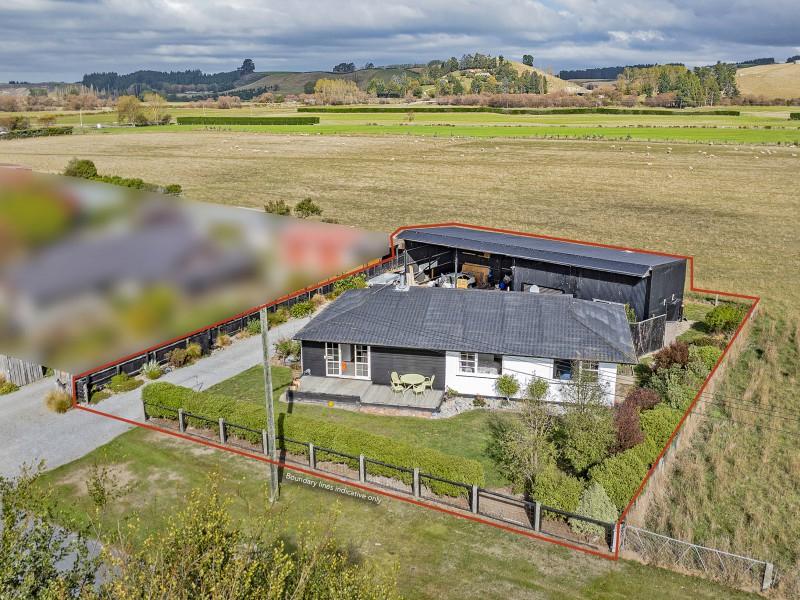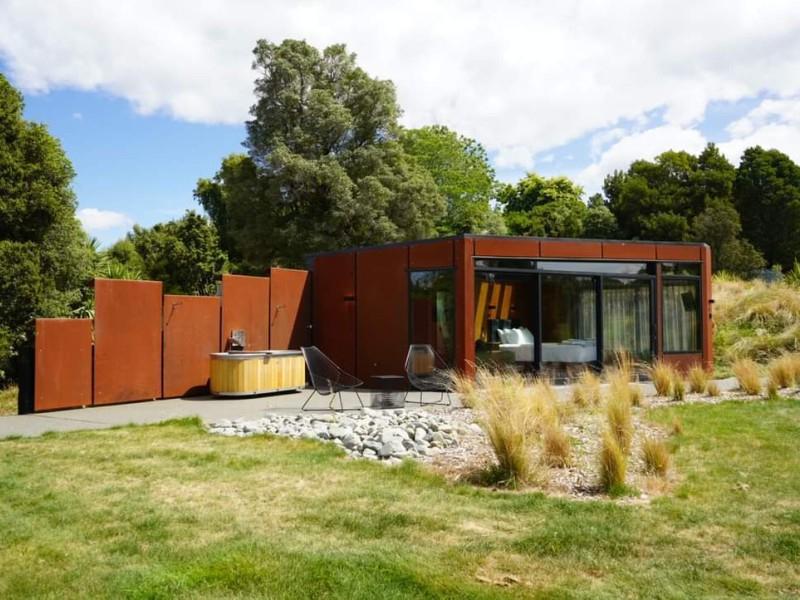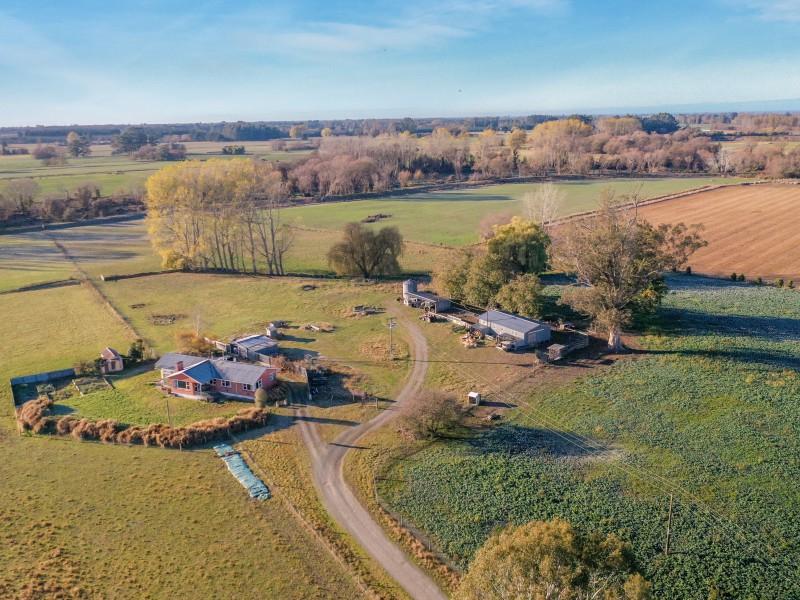Family bach owners allowed to remain on conservation land
By local democracy reporter Brendon McMahon:
Family baches on West Coast conservation land will be able to remain - for now - after fears they would be pushed out.
The win for the owners, who have in some cases owned the baches for generations, follows negotiations with the Department of Conservation (DOC).
In early 2023, the ongoing use of family baches on conservation land was deemed "a privilege, not a right" by the department.
The comment was made after fears were raised about the future tenure of West Coast baches on conservation land at a West Coast Conservation Board meeting.
Poerua River bach owner and Greymouth lawyer Colin Smith said on January 10 "a significant group" of West Coast bach owners, who mobilised in 2023, had reached a solution with the department.
It meant the concessions for bach owners would continue as they were, pending a review of the West Coast Conservation Management Strategy (CMS) in the next year.
"It's been a successful outcome for bach owners but it's only the first step in an ongoing process," Smith said.
The dialogue with DoC had been amicable and "successful", he said.
"It was more an issue of interpretation … We consider the submissions made on our behalf by our barrister helped clarify the relevant policies.
"We look forward to continue to working with the DoC in terms of this matter."
At a West Coast Conservation Board meeting in February, board members questioned a change by the department to the tenure of traditional family-owned baches, particularly in South Westland.
DOC Western South Island operations director Mark Davies denied undue pressure was being placed on bach owners.
However, he said a draft proposal "had been shared" with those affected as concessions were due for renewal.
Davies reiterated concessions for baches on conservation land was "a privilege, not a right".
At the time, Ngāi Tahu board representative and Harihari farmer Rob Wilson said the department should take a conciliatory approach to bach owners "instead of bullying", after agitated bach owners approached him.
Concerns included owners having to show occupancy for 100 days a year, and baches being made available to members of the public in the future under the new concession terms.
Smith estimated about 60 baches across the region are potentially affected going forward.
Many are on pockets of stewardship land or other historic reserve land handed over when DOC was formed in 1987 out of the former NZ Forest Service.
Typically the baches are in the lower reaches of rivers or streams near the coast and used seasonally for hunting or whitebaiting.
Smith said the issue was also a national one as it affected any holder of a concession for a bach on conservation land.
Smith said the West Coast group of bach owners foresaw a good working relationship with DOC going forward to ensure the traditional basis of tenure could continue.
"This is not an adversorial process … this is a case of trying to work with the DoC to find a resolution.
"We're not here to attack the department. We want to, and look forward, to working with the department."
As a result, the bach concession terms would remain the same for the foreseeable future.
"We have a review of the CMS coming up and we envisage we will need to ensure that the current terms relating to baches on conservation land under the current CMS continue under any new CMS document."
Davies said on January 15 "the reconsideration process" for three baches on public conservation land - one at the Waita River, one up the Arawhata River and the other at Kwitchatown - was completed in July 2023.
The department had relicensed the baches for a term of 10 years, he said.
Davies did not comment further on the broader tenure issue for other bach owners.
Local Democracy Reporting is local body journalism co-funded by RNZ and NZ On Air.
Could the jury service process be improved?
Every year, thousands of New Zealanders are called up to serve as jurors in the High and District Courts, and it's an important way to contribute to your country.
But for some, jury service can be a huge disruption and a financial burden. Do you think changes could be made to our jury service system to address these challenges?

Think on this...
What's ahead of you but can’t be seen?
Do you think you know the answer to our daily riddle? Don't spoil it for your neighbours! Simply 'Like' this post and we'll post the answer in the comments below at 2pm.
Want to stop seeing riddles in your newsfeed? No worries! Simply head here and click once on the Following button.

No ‘defendable basis’ for proposed West Coast mining zones
By local democracy reporter Brendon McMahon:
Large areas of West Coast land have been tagged in its proposed new district plan for mining despite not holding current mining licences or permits.
A further hearing for the proposed combined district's Te Tai o Poutini Plan will begin on Tuesday in Westport where the proposed planning criteria for the mineral rich region will be examined.
TTPP consultant planner David Badham, in his opening Resource Management Act report to the hearing panel, has flagged an issue with the "disconnect" between the mining zones proposed in the plan as opposed to what is currently permitted for mining purposes in the identified areas.
He specifically flags the Buller Coal Field Zone(BCZ) and the Minerals Extraction Zone (MINZ).
"My overall observation is that there appears to be a significant disconnect between the notified spatial extent of the MINZ and the BCZ, and the proposed criteria used to identify the zone," Badham said.
"Specifically, there appears to be large areas of land that have been included … with no evidence or link to current (mining licence) authorisations.
"As such, there appear to be a number of areas proposed and notified as MINZ and BCZ that do not currently have a defendable basis to be included."
He also touches on a key submitter concern from the region's largest coal miner, Bathurst, on the legal impact of the proposed plan's rules on the 'existing use rights' of miners already operating.
The proposed TTPP will also allow mining in other rural and 'open space' zones across the region outside the MINZ and BCZ.
Badham also said concerns had been raised about the proposed "lawfully established" definition for mining.
This would apply to existing coal mining and ancillary coal mining licences issued under the Coal Mines Act of 1979.
Badham said he understood the definition will need to be more specifically addressed by the hearing panel but in his opinion, existing use definitions within the TTPP do raise "legal issues".
"This primarily relates to the status of existing (mining) licences, and whether or not the rights provided under those licences extend beyond their expiry."
He makes two key recommendations:
* Mine and minerals zoning criteria objectives and policies in the proposed plan should be "a key consideration" for the hearing panel because the wording and approach to these policies will impact the future approach to mine rezoning requests.
* The proposed indigenous biodiversity policies applying to the minerals and mining chapter be deleted.
Badham says while changes to the National Policy Statement on Indigenous Biodiversity (NPS-IB) have been signalled by the current Government, "they have not yet been made".
"As such, I understand that the wording of the NPS-IB must be considered as it is currently worded, not as it may be amended by central government, possibly in the near future."
He is also proposes amendments to,
* permitted activity rules for mineral prospecting and exploration,
* mineral extraction and processing,
* activities ancillary to lawfully established mineral extraction and processing.
*LDR is local body journalism co-funded by RNZ and NZ On Air
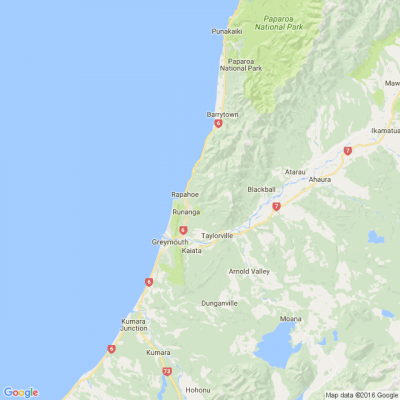
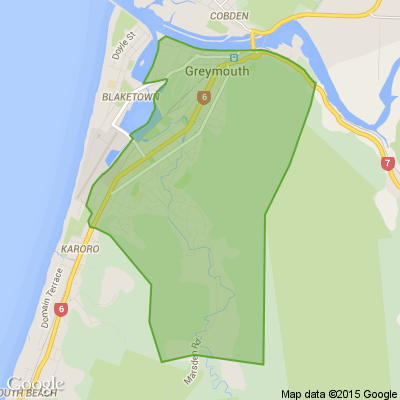




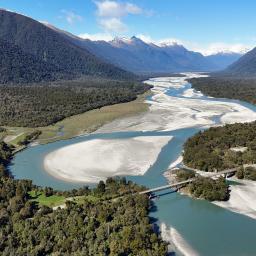
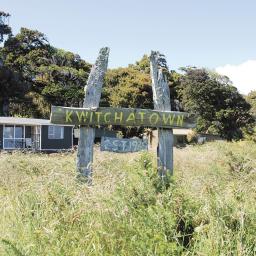


 Loading…
Loading…




